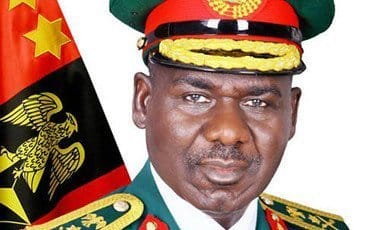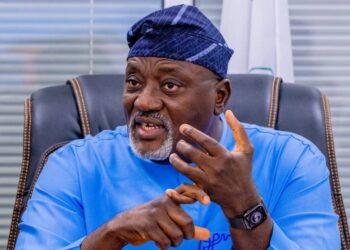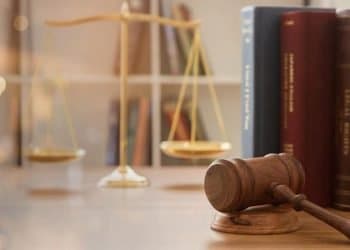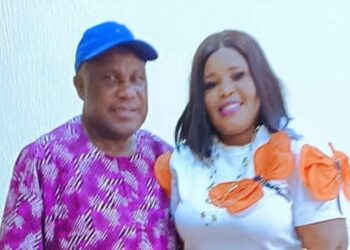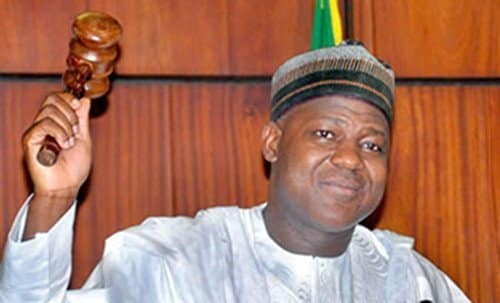FORMER President Theodore Roosevelt of America once cautioned his countrymen and leaders alike with this epistle, “Do what you can, with what you have, where you are.” Perhaps, his wisdom must have been informed by the familiar fondness of leaders who delight in the excessive use and abuse of power.
The culture in Nigeria is that leaders tend to easily assume the position of God Almighty. They are all knowing and untouchable, cannot be counseled and very hostile to civic ethos. But Nigeria’s Chief of Army Staff (COAS) Gen. Tukur Buratai has incontrovertibly proven to be different stuff.
Leading one of the major wings of Nigeria’s armed forces (the army), the Borno state born soldier has not just made the yawning positive difference in leading the army, but strives to do more with each passing day. In spite of the difficulties, the Army General blends astuteness and tact to impressively create the needed impact.
Arrested by this mindset, Buratai’s first action in office was to restore the army on the path of professionalism and respect for democracy and the rule of law. He re-echoed these doctrines in his numerous visits to army formations across the country. And since then, he has kept an eagle eye on strict adherence.
But he realized the dire need to repair the “house” within. So, in the course of familiarization tours, Buratai was confronted with the decay and dilapidation of army facilities. His experience was not unusual anyway.
In Nigeria, it’s a tradition that leaders consent to the neglect, rot or decay of public facilities and infrastructures. The easy inclination, but unfounded satisfaction is that public facilities “aren’t anybody’s business.” But to Buratai, it’s his business more than anyone else.
To this extent, the Nigerian Army is a thousand times lucky to have a Buratai on the saddle. And despite the prevailing economic crunch, the Chief of Army Staff is bringing out the best with the meagre resources at his disposal to impact on the welfare of soldiers in the country for effective service delivery.
Just yesterday, the social media delighted in celebrating basic problems of soldiers and mindlessly scolded government for the horrible neglect. Issues such as soldier’s irregular salaries and allowances, inadequate office and residential accommodation and lack of weapons and decayed facilities dangled in the air. They were not just afflictions of soldiers, but became national embarrassments to the country.
Within one year, Buratai has incredibly changed the face of the army in Nigeria. Nigerians now experience the positive impact of soldiers in quelling internal insurrection not because of the hiring of some marabouts from the moon to perform the magic. It is a consequence of re-equipping the army with modern arms and ammunitions for warfare under Buratai’s administrative control. Ensuring prompt payment of salaries and allowances’ of troops, especially those at the battle front, Buratai has gingered soldiers into exceptional performance on assigned tasks.
At the same time, the Army Chief worries daily over barracks where soldiers reside. Not just that they are insufficient, but incomplete state of disrepair. He lamented the enormity of decay of infrastructure in Army barracks everywhere he berthed and promised gradual change. Keeping faith with his promise, the Chief of Army Staff ensured the inclusion of barracks renovation in the 2016 federal budget.
The result has been the massive renovation of residential and office accommodation, or the building of new barracks for soldiers across the country. The Maxwell Khobe Cantonment Jos, Nigerian Army School of Artillery in Kachia Kaduna State, Office of the Military Secretary among others have either experienced renovations or flaunt’s newly built structures. The Nigerian Army is also building an army barracks in Otukpo, Benue state. It is a gigantic edifice, sitting on a generous expanse of land and a sight to behold.
When this writer visited the Nigerian Military School Zaria, the basic training ground for upcoming soldiers, displayed evidence of Buratai’s repositioning of the Nigeria Army. Indeed, decrepit structures turned to shining buildings overnight. Mouthful testimonies of staff and students of the state of the school, who now operate in a dignified environment could move anybody to tears. The institution now proudly boosts of basic amenities and learning infrastructure which hitherto was realizable in the realm of dreams.
As an incentive, Buratai has declared that soldiers currently in the war front with Boko Haram insurgents in the North-East zone of Nigeria or elsewhere in the country would have personal houses upon retirement. He has directed the army Post-Housing Development Directorate to work out modalities for this housing scheme. In addition, the Nigerian Army headquarters has also been directed to strongly stand by soldiers wishing to secure mortgage loans for personal housing projects.
Quite unusual too, military and civilian relations is on a high record of cordiality and excellence. Soldiers on special duties in restive areas now freely mingle with their host communities, who now perceive them more as friends and protectors than enemies, especially in the Niger Delta.
In reciprocal gesture, the army extends this cordiality by offering free medical services to the people. The team of Operation “Crocodile Smile” has demonstrated it in scores of communities in Rivers and Bayelsa states among others.
To strengthen this friendship, soldiers have gone out of the normal line of duty to tame kidnappings and abductions by engaging in rescue actions. They have rescued several innocent persons from the claws of kidnappers and petty criminals. The victims have been reunited with their families.
Buratai himself has exemplified this cordiality with the civilian population. He shocked many recently when he worked into an Abuja clinic for his routine medical check-up. This in spite of his unbridled access to the best medical facilities, within the military and abroad. The message was simply to deflate the aura of mysteriousness around soldiers and top ranking military personnel.
This proclivity has stretched to his office, where civilians freely throng to have an interface with him, once he is not on the battle field or assignments outside of the office. Those many would consider as ‘common citizens” have unfettered access to Buratai who parley with them on security issues over a cup of tea.
Therefore, when Buratai assured the headship of the National Human Rights Commission (NHRC) led by its executive secretary Ben Angwe of the Army’s professional and responsive discharge of its duties in line with the with the constitution, it was not a hoax. His actions have also depicted it variously.
So, Nigerians who thought the re-emergence of President Muhammadu Buhari in civilian garments is the reincarnation of a dictator are having a rethink. Such fears have been dispelled by the actions of the Chief of Army Staff and the soldiers under his guidance. In the wisdom of America’s Roosevelt, Nigeria’s Chief of Army Staff is “excitedly doing what he can, with what the position entrusted to him in Nigeria.”
*Angula, a United Kingdom based Oil and Gas expert sent this piece from Liverpool


